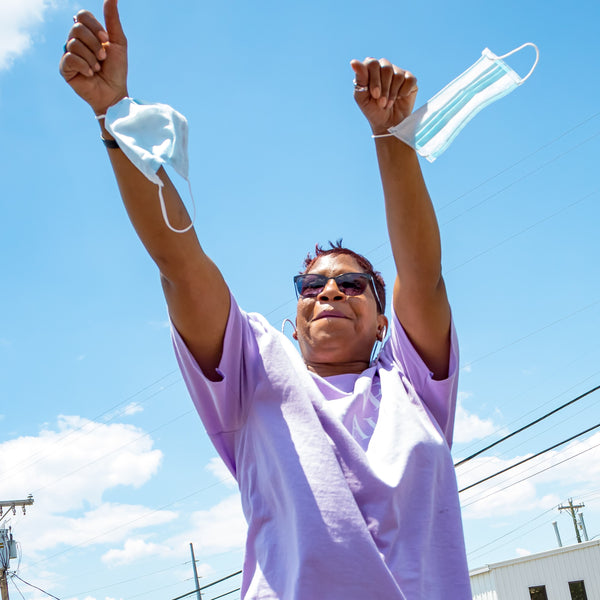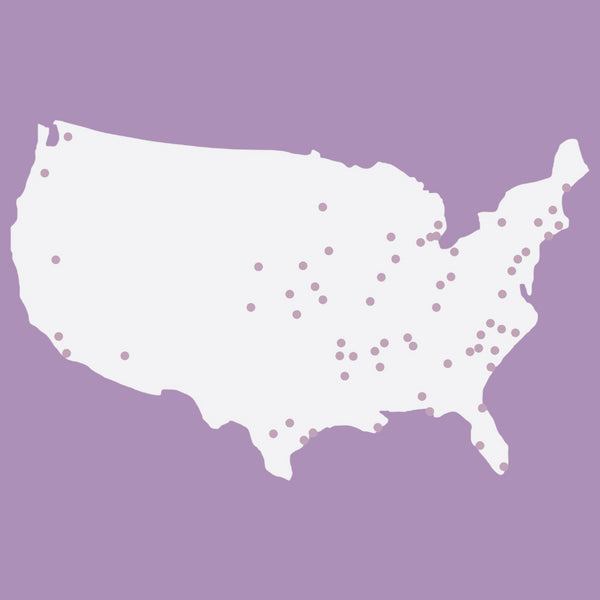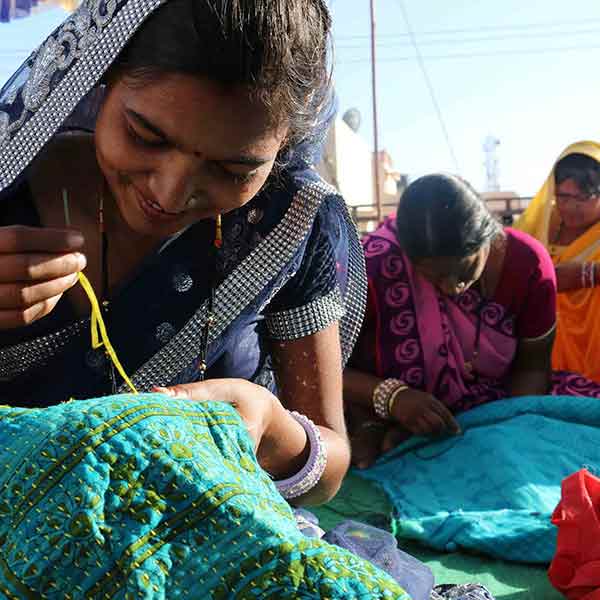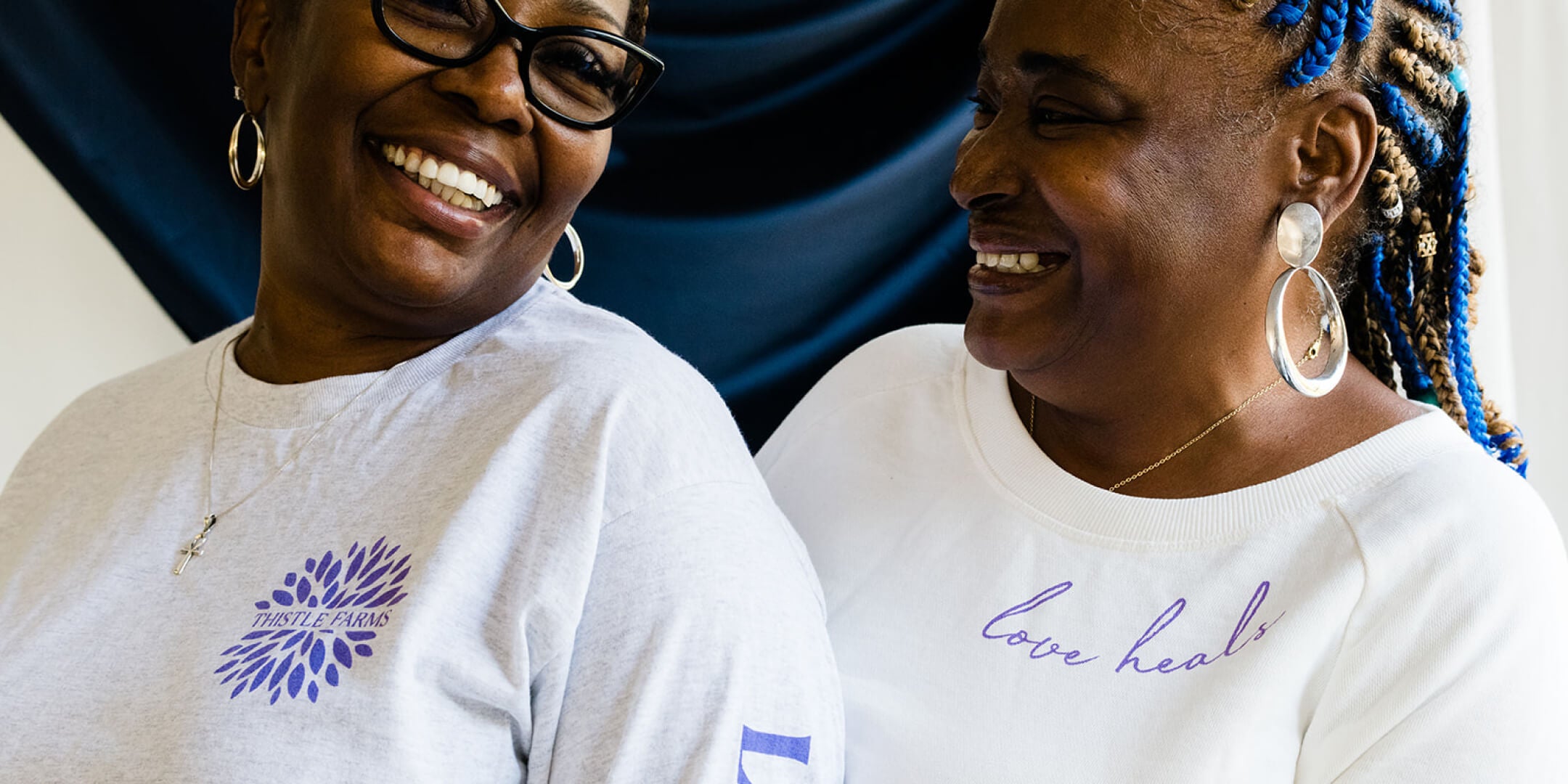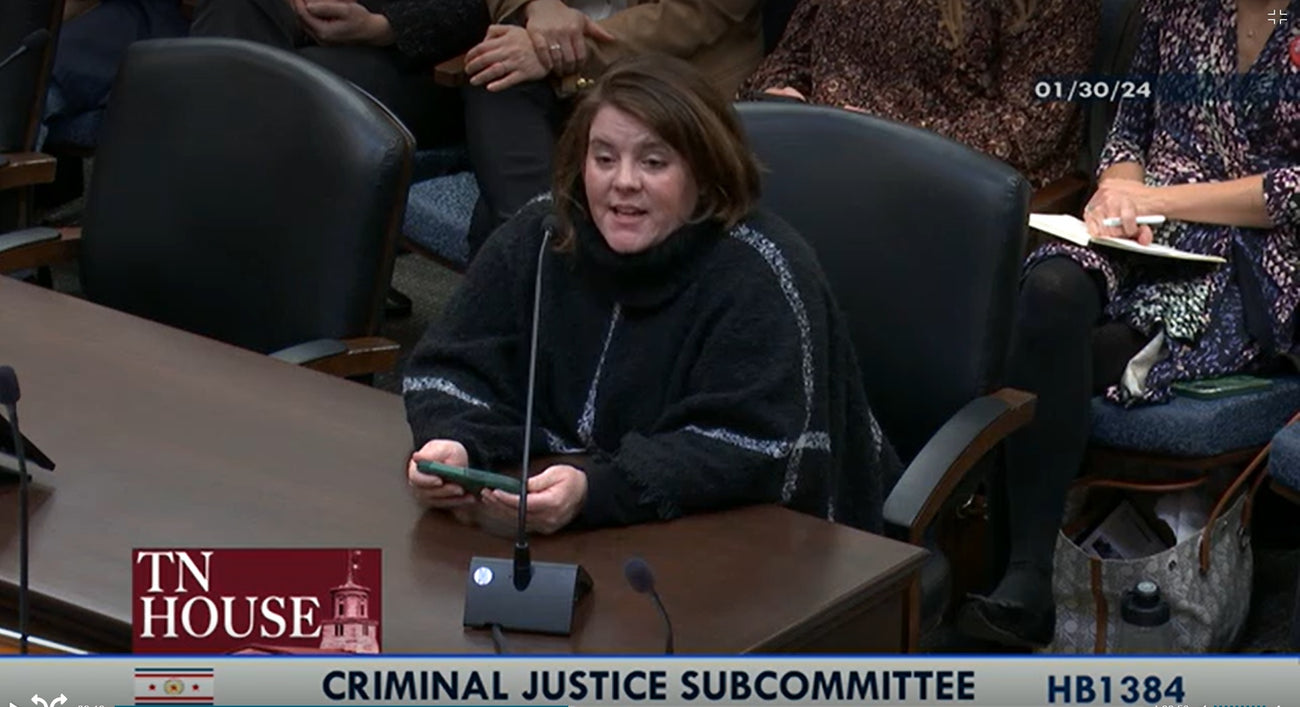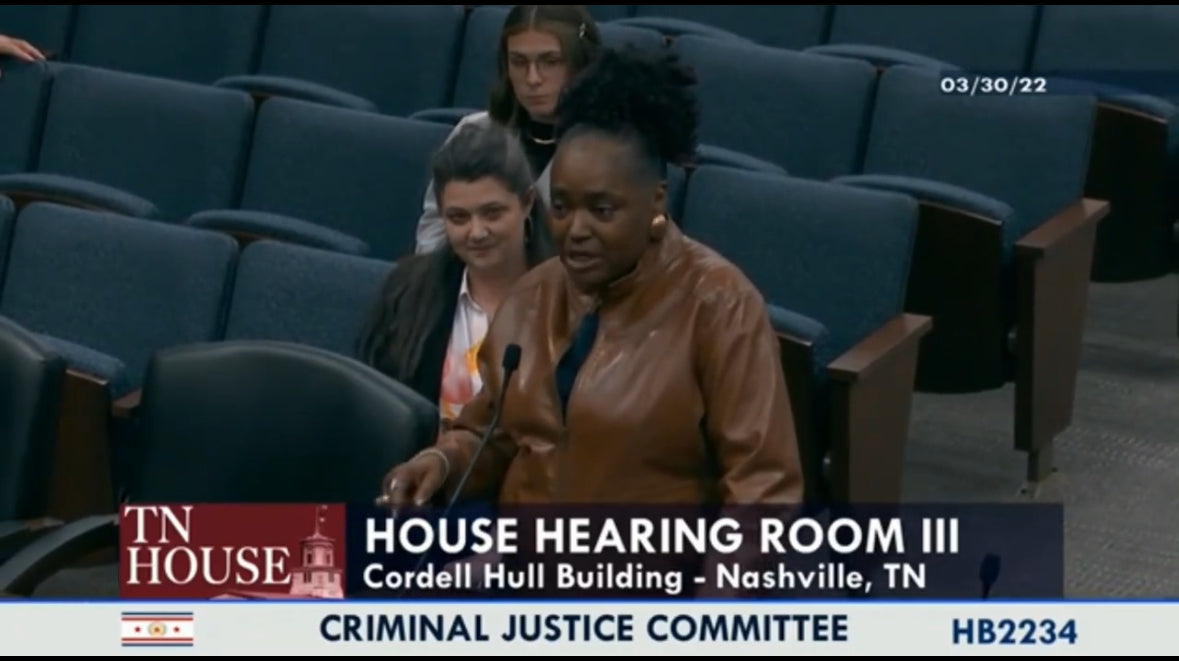Commercial Sexual Exploitation (CSE) includes prostitution, escorting, sex work, and human trafficking, all of which strip away a person’s agency and exploit their vulnerability. Childhood trauma, food and housing insecurity, and interpersonal violence create openings for exploitation—a system rooted in coercion, violence, and manipulation.
While federal law recognizes all minors in the sex trade as trafficking victims, many states allow youth to be prosecuted for prostitution, creating a dual victim-perpetrator status. In states like Tennessee, where child trafficking is understood to be the trafficker’s fault, many of these trafficked minors go on to become trafficked adults, trapped in the same cycles of exploitation. The protections and understanding extended to them as minors often vanish the moment they turn 18, leaving them labeled as criminals rather than survivors, despite nothing changing in the traumas or circumstances that lead them into exploitation - only the passage of time.
Trafficking happens in all communities—urban and rural—and is often perpetrated by people the victim knows, such as relatives, partners, or authority figures. While international kidnapping rings exist, familial and community-based exploitation is far more common.
In Tennessee, the average age of youth entering trafficking is 12–14. Women and girls of color are disproportionately represented, with systemic inequality, economic hardship, and social isolation placing marginalized individuals at higher risk.
Traffickers exploit vulnerabilities to gain control, often by building trust or dependency through promises of love, protection, or basic needs. Over time, they escalate control through manipulation, threats, or violence, leaving victims trapped.
Key risk factors include:
- Poverty: Traffickers prey on economic instability, offering false opportunities or leveraging financial need.
- Addiction: Substance dependency is frequently exploited to maintain control over victims.
- Marginalization: Social inequities isolate individuals, increasing vulnerability and susceptibility.
Entering the sex trade may have been her way to cope and survive after a life of abuse, neglect, and homelessness.
Entering the sex trade may be a way to cope with abuse, neglect, or homelessness, but it perpetuates harm. Consent cannot be true consent when it is bartered, traded, or purchased. Survivors deserve better than trafficking as the only means to escape systemic and generational challenges.
For many girls and women who are trafficked, sexual exploitation and substance use are inextricably bound together with trauma. The cycle of dependency between prostitution and drug use is rooted in using drugs to cope with the trauma of engaging in prostitution, or engaging in prostitution to have access to drugs - often needed as a coping mechanism for other types of trauma. Regardless of the entry point, each factor accelerates the other, creating a vicious cycle that is difficult to escape.
Escaping the sex trade often requires multiple attempts, with survivors facing barriers such as:
- Lack of education or skills, due to entering the trade young.
- Little job history outside of exploitation.
- Isolation from supportive relationships.
With stable housing, trauma-informed care, and economic opportunities, survivors can begin the journey toward healing and freedom.

State of Tennessee
Ink of Hope Act
Human trafficking affects communities across Tennessee, and one tool traffickers often use is to brand their victims with tattoos of symbols, names, or phrases to mark their ownership over a trafficked individual. Because of this, tattoo artists are in a unique position to identify and report suspected trafficking but often lack the necessary training to recognize the signs.
The Ink of Hope Act would equip tattoo artists with the knowledge to identify and report suspected activities, making them vital contributors to Tennessee’s ongoing fight against human trafficking through training tied to the licensure process and an established reporting protocol.
Resolutions & Proclamations
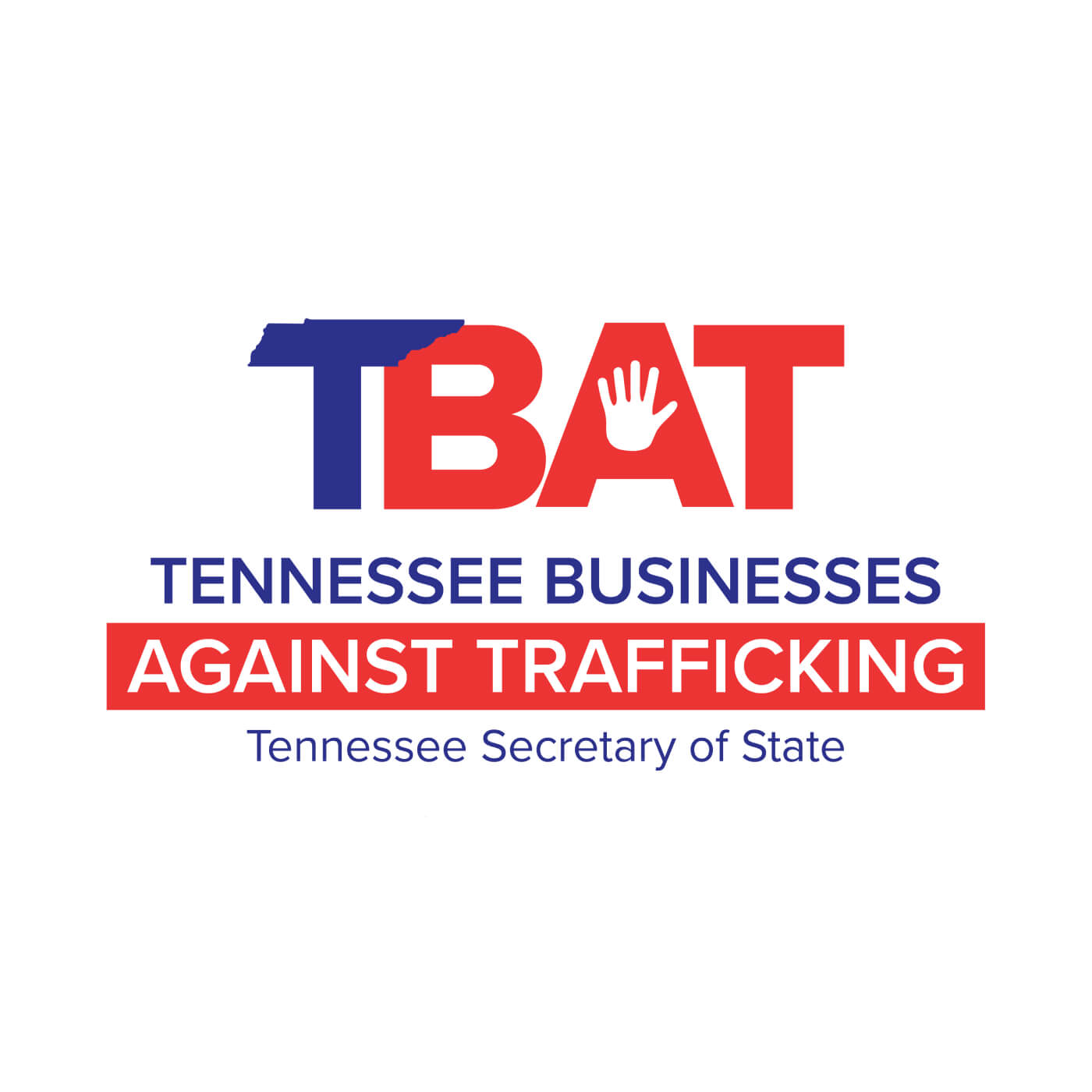
Tennessee Businesses Against Trafficking
In 2023, Thistle Farms partnered with the office of Tennessee Secretary of State Tre Hargett to launch the Tennessee Businesses Against Trafficking program (TBAT). TBAT aims to empower businesses in the battle against human trafficking by providing training and educational opportunities with the goal of fostering awareness and recognition throughout the state. Learn more about the program and enroll your business for the free training.
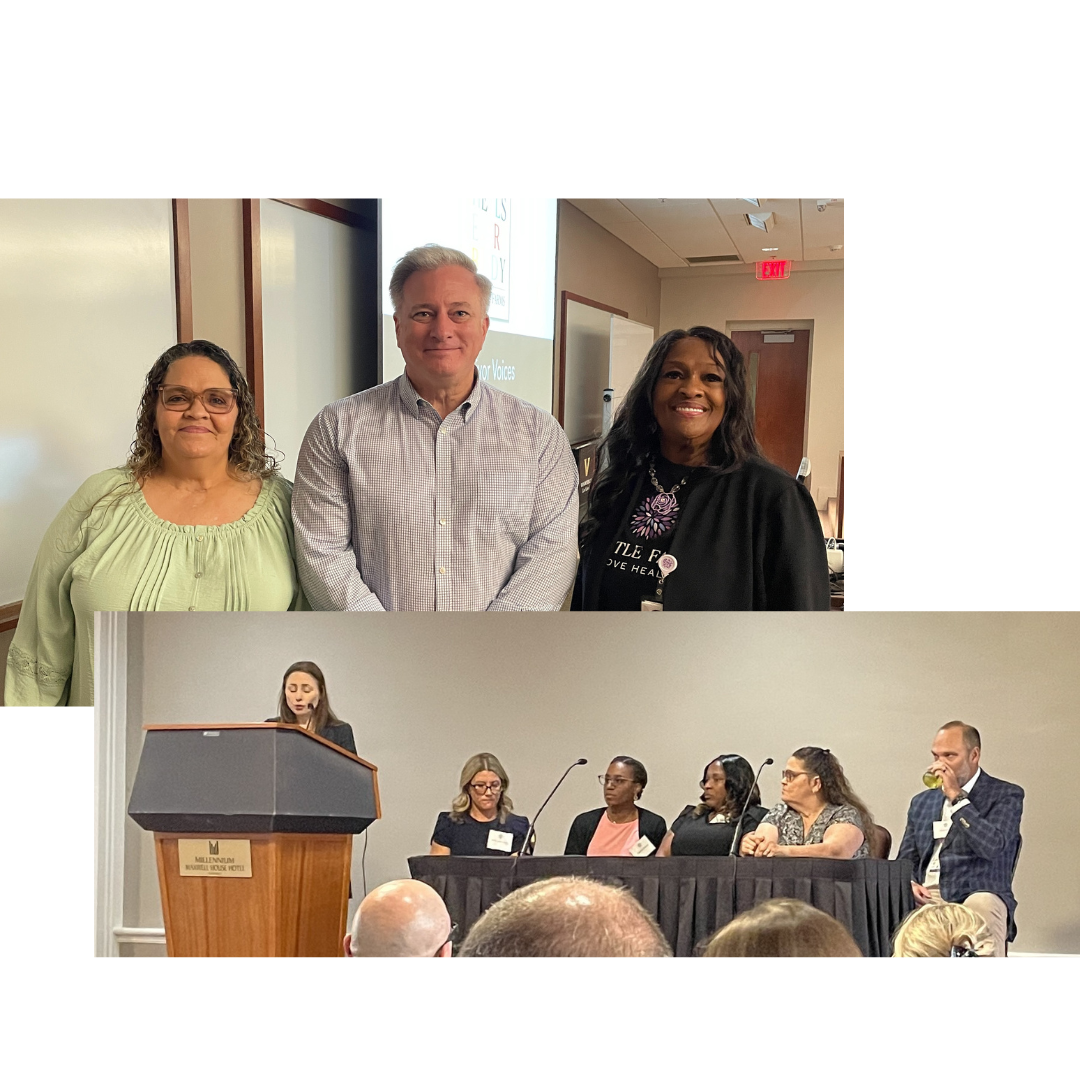
Education
Through education, we ensure survivors are heard, their experiences validated, and a better way can be illuminated for others.
Those with lived experience of human trafficking and prostitution have often had an encounter with law enforcement and the judicial system to some degree. Through survivor testimony, we can reshape the experiences of future trafficking survivors navigating the legal system by sharing past encounters - both good and bad - so law enforcement officers, judges, public defenders, prosecutors, law students, and more can have a better understanding of the person behind the case file.

